“(Port Vila / Sydney – August 14, 2025) – Australia and Vanuatu have agreed a decade-long, A$500 million (US$328 million) package to strengthen security and economic ties, with senior ministers opening a signing ceremony near the erupting Mount Yasur volcano on Tanna. Vanuatu Prime Minister Jotham Napat hailed the agreement – dubbed the Nakamal Agreement – as a “win-win” for both countries.
Scope and structure of the agreement
Officials say the agreement combines funding across several pillars: security assistance and policing, climate resilience, infrastructure and broader economic assistance. The summary publicly released to date emphasizes climate and infrastructure spending alongside law and order cooperation; finer points such as mobility or visa arrangements are under discussion.
Reports in the Australian media point to a package that includes additional climate The financing will include data-centre capacity, direct security assistance and budget support – although Canberra has yet to publish any announcements. A formal line-by-line breakdown.
- Vanuatu Prime Minister Jotham Napat and Australian Deputy Prime Minister Richard Marles signed the Nakamal Agreement at Mount Yasur volcano on Tanna. (Richard Marles/X)
Strategic context in the Pacific
The agreement comes as strategic competition in the Pacific intensifies. Australia has sought to strengthen ties in Melanesia as China expands policing and infrastructure ties; Vanuatu’s largest external creditor is China, and Beijing has been Strengthening Vanuatu’s security services. Increased training and material support. The Nakumal agreement signals Canberra’s intention to remain Vanuatu’s “partner of choice” without forcing Port Vila to choose a side.
Analysts note that the deal is calibrated to Vanuatu’s stated priorities – community policing, disaster response and climate adaptation – areas where Australia already has long-standing programs and where needs are urgent and visible. After the 2022 security agreement was cut short amid concerns about process and scope, this focus could give the agreement sustainability in Vanuatu’s domestic politics.
Symbolism and Diplomacy
The launch of the agreement on the banks of Mount Yasur was a deliberate part of the Pacific theatre, emphasizing climate and disaster-management themes while demonstrating the intimacy between the partners. “This agreement is really what it does, For the first time, what has always been the truth is acknowledged… as two nations, we are family and our future is deeply intertwined.”
Leaders’ statements
- PM Jotham Napat (Vanuatu): The deal is a “win-win” in which Australia will invest for the next decade.
- Deputy Prime Minister Richard Marles (Australia): He said the agreement would “transform the relationship” between the countries with Foreign Minister Penny Wong and Pacific Affairs Minister Conroy.
Implementation challenges and opportunities
While leaders say the agreement is in place, some elements – notably travel and visa arrangements – are not final. Vanuatu has lobbied for easier travel to Australia; Canberra has signalled openness to deepening mobility through existing channels but has not confirmed visa-free access. ABC and RNZ reporting suggests details could be finalised in the coming weeks after additional domestic processes A formal signing is expected.
Vanuatu and Australia signed a bilateral security agreement in late 2022, but it stalled due to changes in government and concerns over consultation and was never ratified. Prime Minister Napat said earlier this year that any new framework better reflects Vanuatu’s priorities – particularly climate – and improves people-to-people relations. The new arrangement has been presented as more comprehensive and more balanced than its predecessor.
Policy analysis and regional implications
A tailored package meets political reality. By combining climate resilience and infrastructure with policing and maritime security, Australia aligns funding with Vanuatu’s everyday needs – cyclones, earthquake risk and illegal fishing – rather than simply providing a strategic signal. It improves local legitimacy and builds on domestic pressure to scrap the 2022 text of the deal. can derail.
Competitive coexistence beats exclusivity. Vanuatu’s long-standing “friend of all, enemy of none” principle means that Port Vila will continue to engage multiple partners – even as Australia becomes the main funder of security assistance. Expect Chinese training visits and infrastructure to continue alongside Australian programs; success for Canberra seems to be making itself indispensable without demanding exclusivity.
Delivery will determine reliability. Now begins the most difficult task: translating promises into operational capabilities—upgraded police infrastructure outside Port Vila, resilient communications (including data centers), and sustained maritime patrol capability across the archipelago of 80+ islands. Previous Australian initiatives have upgraded barracks and gifted Guardian-class patrol boats; scaling up those efforts nationally is capital- and logistics-intensive and will require local workforce development.
Mobility as a political swing issue. Any ease in travel—whether through seasonal work, Pacific engagement visas, or simplified visitor routes—will have the most tangible benefits for Ni-Vanuatu families. But it is also the most sensitive to Australia’s border settings, and expectations must be carefully managed so that the new agreement does not inherit the politics that were entangled in the last agreement.
Regional ripple effects. The agreement will be read in Melanesia, where leaders are weighing various offers of policing, infrastructure and budget support. If Canberra can deliver visible results quickly – particularly on disaster response and community safety – it will strengthen its hand as a practical partner in the Pacific, while MSG states navigate their own China relations.
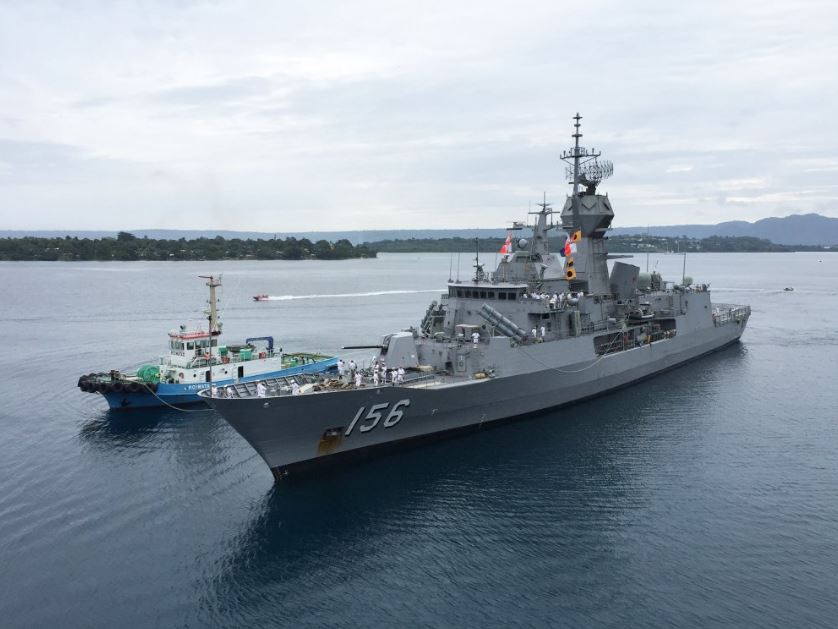
- The Royal Australian Navy’s HMAS Toowoomba visits Port Vila, Vanuatu. The Royal Australian Navy (RAN) has a strong relationship with Vanuatu, which includes a variety of interactions including humanitarian assistance, disaster relief and official visits. The ADF (the Australian Defence Force, which includes the RAN) has provided significant assistance to Vanuatu following earthquakes and tropical cyclones, including the deployment of personnel, medical teams and disaster response units. (Naval Today)
Countering China’s Pacific influence: A Solomon Islands perspective
Australia’s Vanuatu package should be read in conjunction with Canberra’s support for the Solomon Islands – the most important area of great-power competition in Melanesia. From late 2024, Australia has provided long-term funding, training and infrastructure to expand the Royal Solomon Islands Police Force (RSIPF), including supporting a sovereign police training centre in Honiara. The goal is straightforward: strengthen local capacity so that Honiara relies less on external security forces and more on its own institutions.
But capacity building alone will not appease Beijing. The Solomon Islands’ 2022 security agreement with China opened the door for continued PRC police cooperation, and the current government under Prime Minister Jeremiah Manele has reaffirmed the one-China policy, expressing an interest in continuing police relations with Beijing. This means that Australia’s approach in Honiara – as in Port Vila – cannot be zero-sum. It must deliver deeper, faster and more tailored benefits than China in the areas most important to communities: community policing, disaster response and economic opportunity.
The emerging playbook in Melanesia features a mix of hard and soft tools. On the security side: training pipelines, mobility and communications upgrades, maritime surveillance to combat illegal fishing, and pre-positioned rapid disaster-response assets in the outer islands. On the civilian side: cybersecurity support, resilient data and power infrastructure, and targeted budget support that shores up government delivery. Canberra is also linking this to visible, time-bound deliverables – vehicles for major regional events, energy aerial surveillance and police equipment that move the needle now, not in five years.
There are risks. If mobility and labour-access issues stall, local populations may perceive Australia’s offerings as less tangible than Chinese patrols or donor-delivered infrastructure. If programs remain concentrated in capitals rather than provinces, the narrative of “benefits for the few” will continue. And if Australia shapes its engagement as a defensive base rather than a partnership on the priorities of Ni-Vanuatu and the Solomons, it may unwittingly validate Beijing’s message about Western “control”.
Success will be measured by habits less than headlines: whether the RSIPF and Vanuatu police can field and sustain trained officers outside the capitals; whether maritime domain awareness actually deters incursions; whether data centres stay online after cyclones; whether communities see faster recovery times and safer streets. The Vanuatu agreement – if delivered cleanly and paired with stable, province-level outcomes in the Solomons – positions Australia as a practical partner in a region that rewards results over rhetoric.
Read More: Nigerian Armed Forces Conduct Coordinated Air–Ground Operation in Zamfara State
FAQs
The Nakamal Agreement is a 10-year, AUD 500 million agreement to boost security, climate action and economic development in Vanuatu, which will come into force in August 2025. It covers policing, disaster response, infrastructure and data services, making it one of the largest partnerships in the Pacific.
Vanuatu is one of the countries most at risk from cyclones, rising seas and volcanic activity. The agreement has a strong focus on climate resilience, renewable energy and disaster recovery – topics that are trending around the world as small island nations lead the fight against climate change.
China is expanding its influence in Vanuatu and other Pacific islands through loans, policing and major infrastructure projects. The new agreement suggests that Australia wants to remain Vanuatu’s main security and economic partner, while also allowing Vanuatu to maintain relations with a variety of countries.
The issue of travel and work visas is still under discussion. Vanuatu has requested easier routes for seasonal workers and families. While Australia has expressed interest, final details are expected later. Mobility is now one of the most sought-after issues in Pacific diplomacy because it directly affects jobs, families and migration.
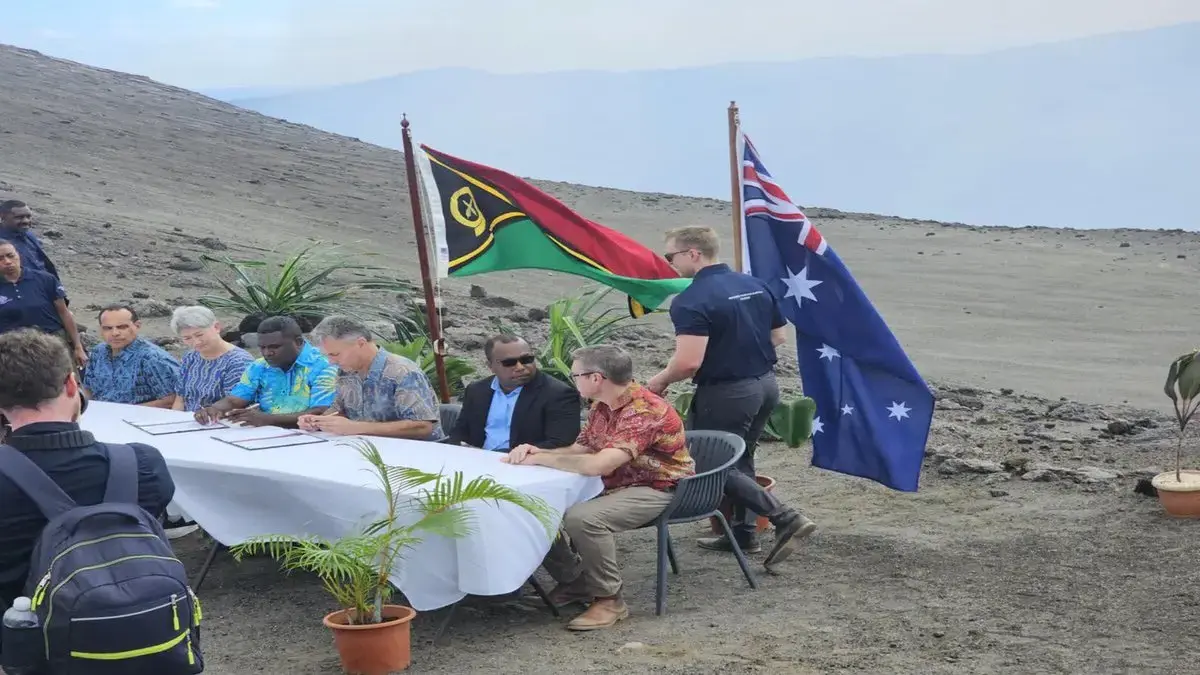
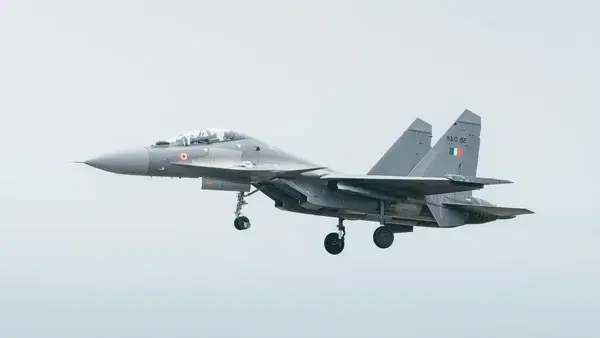
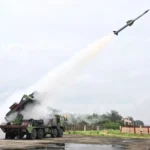
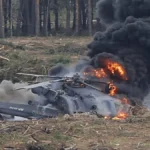
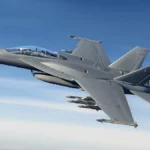
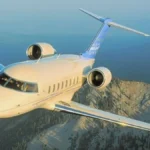
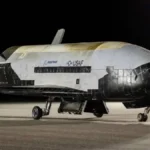
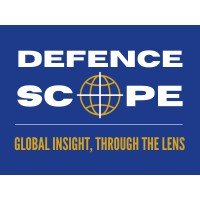
Leave a Reply